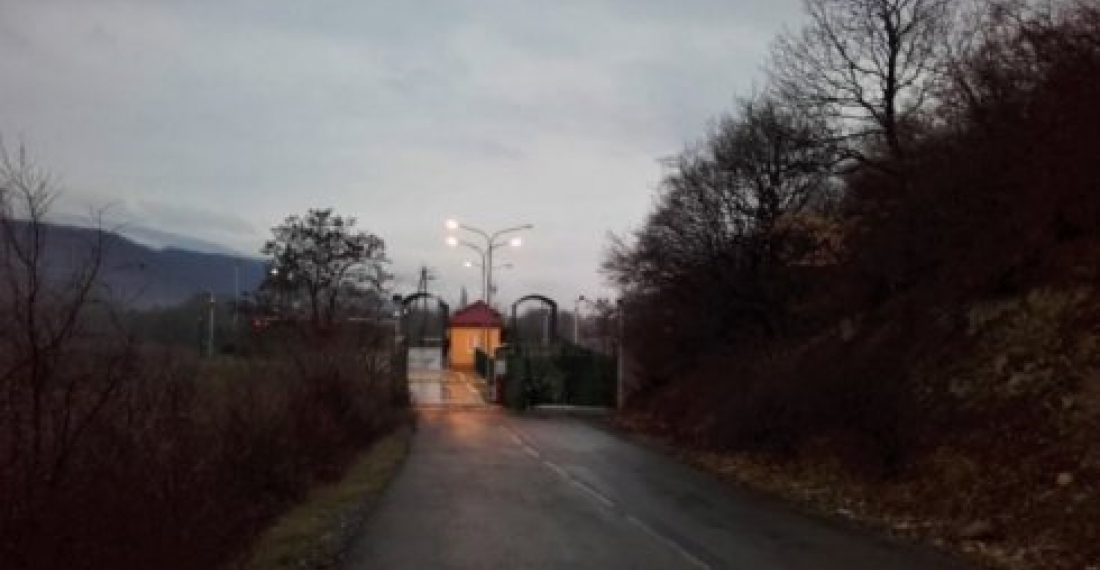Tension continues in the South Ossetia conflict zone with incidents on the administrative boundary line between Georgia and Tskhinvali controlled territory.
The Co-Chairs of the Geneva International Discussions, representing the European Union (EU), the Organisation for Security and Co-operation in Europe (OSCE) and the United Nations (UN) on Wednesday (6 November) issued a joint statement in which they called for the immediate re-opening of all crossing points on the administrative boundary line (ABL) with South Ossetia. Tskhinvali has closed the crossing points since early September, preventing Georgians and others living in territory under its control to cross over to Tbilisi administered areas. A women was reported to have died last month because she could not be taken for medical treatment in Tbilisi.
In their statement the EU, OSCE and UN diplomats said:
Recent months have seen a serious deterioration of the security situation on the ground, which has raised fears amongst the local population. The engagement in the Ergneti Incident Prevention and Response Mechanism (IPRM) framework by all participants shows the mutual concern and commitment of all to de-escalate, which the Co-Chairs welcome. The Co-Chairs and their organizations remain actively engaged in contributing to a solution to the continuing security challenges in the Chorchana-Tsnelisi area.
At the same time, we appeal to the relevant actors to re-open, without delay, all crossing points that have been closed since early September. While the concerns about the security situation are shared, steps to address these should be proportional and should always take humanitarian aspects into consideration. The ongoing closure of crossing points is aggravating an already difficult situation, as illustrated by recent medical cases, with a severe impact on the local conflict-affected population.
source: commonspace.eu with agencies
photo: A check point on the Administrative Boundary Line between Georgian and Ossetian controlled territory.







